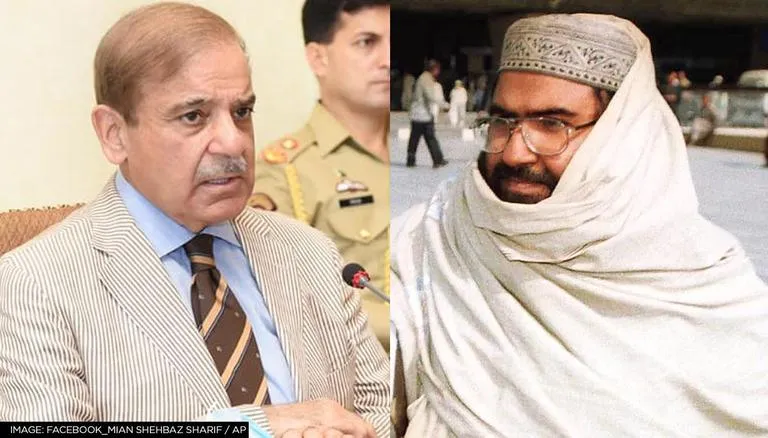Perceived as a new gimmick to get out of FATF’s Grey List, the government of Pakistan asked Afghanistan to arrest Jaish-e-Mohammad chief Masood Azhar. As per news reports, Islamabad has written a letter to its neighbouring country stating that the terrorist might be hiding in either Nangarhar or Kunar. While Pakistan has continued to peddle the ludicrous claim that it had no knowledge of Azhar’s whereabouts, he continues to publish articles exhorting JeM cadres to indulge in Jihad and eulogizing the Taliban takeover of Kabul, claiming that its success would open avenues for Muslim victories elsewhere.
Demand for action against Masood Azhar
Masood Azhar formed the JeM after being released by India in exchange for passengers of the hijacked Indian Airlines plane which was diverted to Kandahar in 1999. Back then, the Taliban regime had allowed the hijackers and freed terrorists including Azhar to cross over into Pakistan. Thus, it remains to be seen how the new Taliban dispensation in Afghanistan deals with Pakistan’s request. The JeM is responsible for carrying out multiple terror attacks in India including the 2001 Parliament attack, the 2016 Pathankot airbase attack and the 2019 Pulwama attack.
While China blocked India’s proposal to blacklist the Pakistan-based terrorist in 2009, 2016 and 2017, it finally lifted its veto in May 2019 paving the way for his designation as a “global terrorist”. With the sanctions committee of the UNSC approving the listing, he is now subject to an assets freeze, travel ban and arms embargo. On January 7, 2021, the Anti-Terrorism Court in Gujranwala issued the JeM chief’s arrest warrant for his involvement in terror financing and selling Jihadi literature. Owing to the pressure of the FATF, Pakistan recently jailed 26/11 planner Sajid Mir for 15 years.
On August 9, India’s Permanent Representative to the UN Ambassador Ruchira Kamboj took a veiled dig at China for delaying the attempt to blacklist Masood Azhar and other Pakistani terrorists. At a UNSC meeting, she observed, “An effective functioning of the Sanctions Committees requires them to become more transparent, accountable and objective. The practice of placing holds and blocks on listing requests without giving any justification must end”.
She added, “Double standards and continuing politicization have rendered the credibility of the Sanctions Regime at an all-time low. We do hope that all members of the UNSC can pronounce together in one voice, sooner than later, when it comes to this collective fight against international terrorism”. In June earlier this year, China also placed a hold on blacklisting 26/11 mastermind Hafiz Saeed’s brother-in-law and Pakistani terrorist Abdul Rehman Makki.

